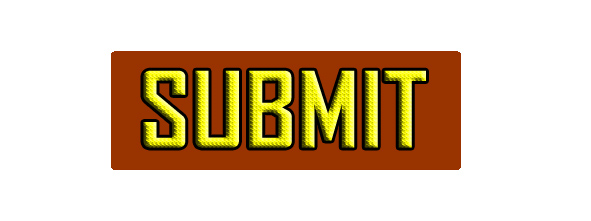Implementasi K-13 Revisi Dalam Meningkatkan Psikososial Siswa Di SMP IT Adzkia Babalan Pangkalan Berandan
Keywords:
Implementation, Revised 2013 Curriculum, PsychosocialAbstract
The research informants were school principals, teachers and students through in-depth interview techniques, observation and documentation. Data analysis techniques: (1) problem presentation; (2) building the dish; (3) enter data; (4) analyzing data; (5) diversity; (6) suggestions and (7) time required. To develop the validity of the data, the one chosen in this study is the triangulation model. The results of this study indicate that: 1) Implementation of the Revised K-13 in improving the psychosocial aspects of students at Adzkia Babalan IT Middle School starts from the beginning of the school year through the elaboration of the school's vision and mission. The steps for planning activities are (a) identifying the types of habituation activities that can realize psychosocial planting, (b) planning the development of psychosocial planting materials for each type of activity in schools, and (c) planning the development of the implementation of each activity by preparing supporting facilities and readiness of teachers in implementing psychosocial planting programs through habituation; 2) Implementation of K-13 Revision in improving the Psychosocial of students at SMP IT Adzkia Babalan can improve students' psychosocial. Due to the implementation of psychosocial cultivation at Adzkia Babalan IT Middle School Pangkalan Berandan through programmed habituation, cooperation habituation, and leadership habituation; 3) The factors contained in K-13 Revision that affect the Psychosocial improvement of Adzkia Babalan IT Middle School students are: (1) learning carried out by the teacher (taught curriculum) in the form of a process that is developed in the form of learning activities in schools, classes and the community; and (2) with the background, characteristics, and initial abilities of the students. The direct learning experiences of individual students become learning outcomes for themselves, while the learning outcomes of all students become the results of the curriculum.
Downloads
Published
Issue
Section
License
Copyright (c) 2023 Khazanah : Journal of Islamic Studies

This work is licensed under a Creative Commons Attribution-ShareAlike 4.0 International License.
This work is licensed under a Creative Commons Attribution-ShareAlike 4.0 International License.










